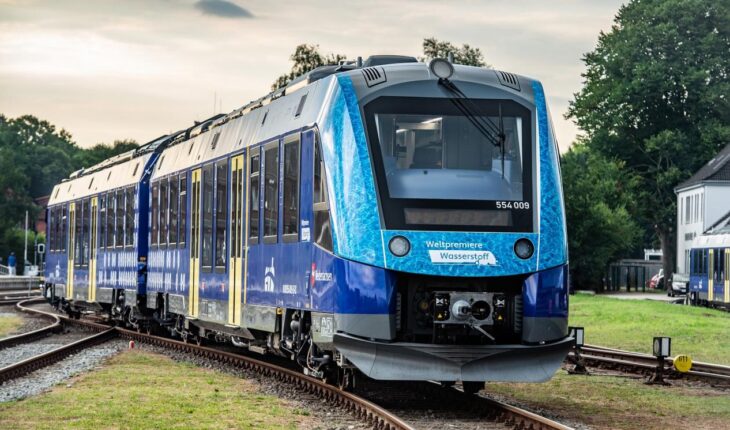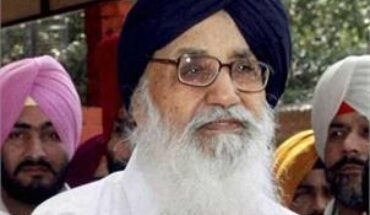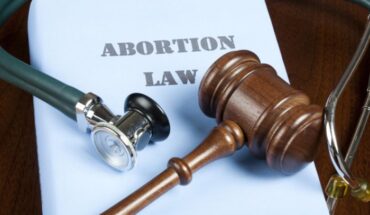New Delhi: Indian Railways is set to embark on a transformative journey with its plan to conduct field trials of the country’s first hydrogen-fueled train around January 2025.
This initiative marks a significant step toward cleaner, more sustainable rail transportation in India.
The project’s roadmap reveals that the first prototype of this hydrogen-powered train is expected to be completed by December 2024.
Senior officials fr0m Indian Railways have confirmed that field trials for this prototype will commence a month later. In the initial phase, some existing diesel locomotives will be retrofitted to accommodate hydrogen fuel cell technology.
Contracts have been awarded to convert a 1200 kW Diesel Electric Multiple Unit (DEMU) into a hydrogen fuel cell-based Distributed Power Rolling Stock (DPRS). This conversion is pivotal as it reflects a broader effort to reduce the rail network’s carbon footprint.
Hydrogen-powered trains generate electricity through fuel cells by combining hydrogen and oxygen, with water being the only by-product. This method ensures that the trains are emission-free at the point of use, unlike their diesel counterparts.
Indian Railways envisions the production of a full train set equipped with a hydrogen fuel cell propulsion system to supply traction energy. If successful, the project aims to roll out 35 train sets, each consisting of six cars. The Railways is evaluating eight potential sections for the deployment of these hydrogen trains.
A pilot project has already demonstrated the feasibility of hydrogen fuel cell technology and the necessary ground infrastructure. This includes a system integration unit, battery, and fuel synchronisation tests.
Additionally, designs by global major Shell and hydrogen plant designs have received approval fr0m the Petroleum and Explosives Safety Organisation (PESO). TÜV SÜD, a leading third-party safety auditor based in Munich, is overseeing onboard hydrogen safety approvals.
The integration of hydrogen technology into Indian Railways’ fleet is part of a broader strategy to achieve net zero carbon emissions by 2030.
The move aligns India with global trends in rail transport, where countries like Germany, China, and the United States are already testing or operating hydrogen-powered trains.
European manufacturer Alstom, for example, has introduced the Coradia iLint, the world’s first hydrogen fuel cell passenger train, with successful trials conducted in Poland and demonstrations in North America and Saudi Arabia.
With these advancements, Indian Railways is poised to lead in sustainable transportation solutions, setting a precedent for future developments in the global rail industry.





